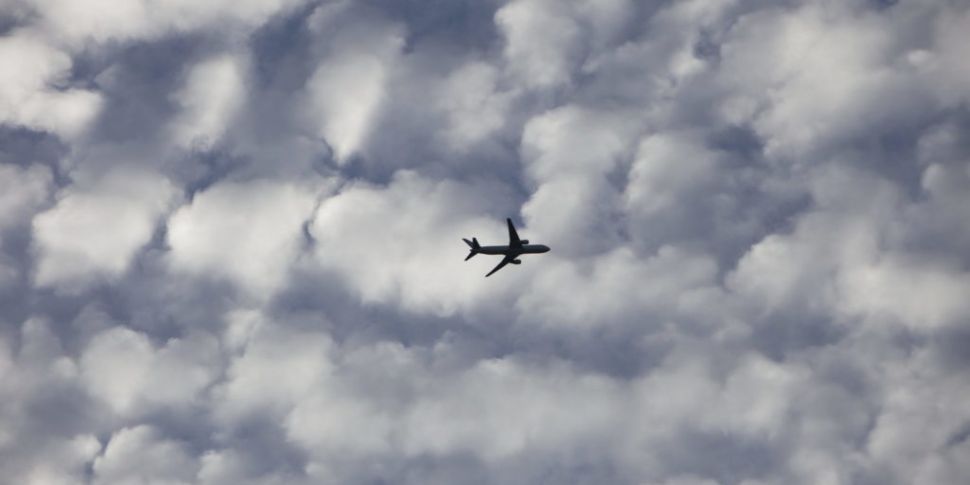Capping air miles after the COVID-19 has been proposed as one way of cutting emissions in the aviation sector.
It means people would have an 'allowance' of how much they can fly before facing levies.
Environmental journalist and commentator John Gibbons told Newstalk Breakfast that "radical changes" are needed to meet climate targets.
He said: “I think we’re running out of options to deal with emissions from aviation - obviously coronavirus has knocked them pretty hard on the head in 2020, but we can’t use a crisis like this in lieu of policy.
“The EU has said, they’ve said to achieve the targets in the EU green deal transport sector emissions… they need to fall by 90% over the next three decades.
“It’s been calculated that hour by hour, the most emissions intensive activity any human being will ever engage in is to sit in an aircraft.
“There are difficult choices to be made in the things we’ve got to give up, but in terms of bang for your buck… cutting aviation is one of those things that helps in so many ways."
Mr Gibbons said CO2 emissions are the "most dangerous" in the upper atmosphere where planes fly.
He said: “The point about levies on flying isn’t about raising revenue - it’s about constraining demand. It’s the same reason why we put significant levies on cigarettes: it’s first and foremost a public health issue.
“We’ve got to find the most effective way to avoid climate breakdown, because climate breakdown takes down everybody."
'Aviation industry has to play its part'
Padraig O’Ceidigh, former senator and founder of Aer Lingus Regional, said the aviation industry very much cares about protecting the environment.
He said: "Absolutely the aviation industry has to play its part - and there's more to go.
"But capping frequent flyer programmes and things like that is not the way to go in my view: that’s only a fraction of 1% of the travellers that travel frequently.
"Most people who travel on an airplane travel once or twice per year, on average."
That statistic was disputed by Mr Gibbons, who pointed to CSO figures show that in 2017 34.4 million passengers moved through Irish airports.
However, Mr O'Ceidigh said we will see some natural changes to the way people fly in the wake of the COVID-19 crisis.
He said: “You’re going to have a huge reduction in the number of airlines.
"You’re going to have a significant reduction in the number of options in terms of where you can fly directly."
He also noted that aircraft engines have become a lot more efficient in terms of reducing emissions.









